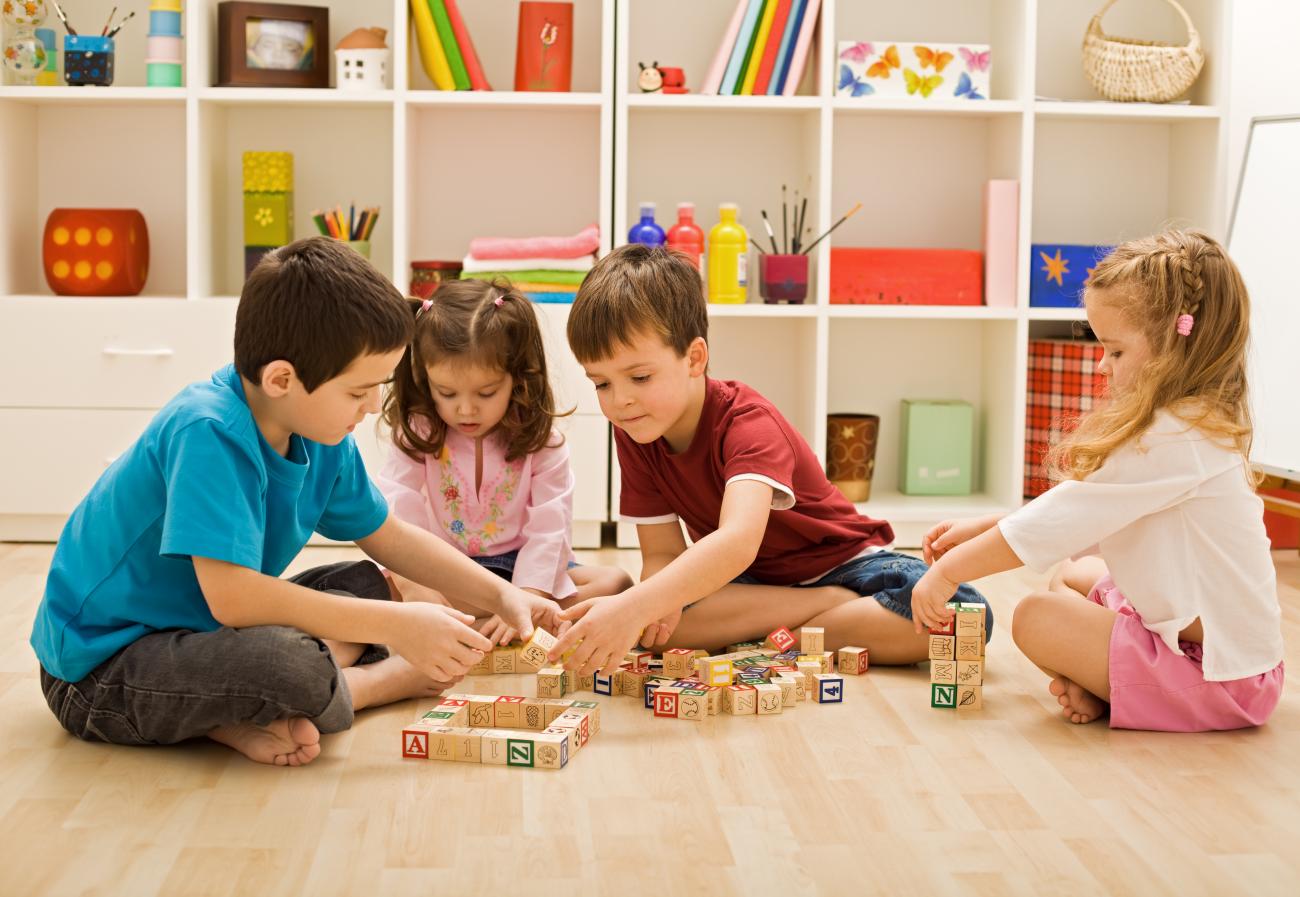Mission Statement
Our mission is to work with elementary school students, teachers, and families to understand the critical role of early schooling in developing children's social and academic adjustment and connectedness to school. We aim to integrate classroom-level research with the voices of educators, families, and communities in an effort to support teachers in the classroom and promote the long-term success of students.
Why Kindergarten?
The start of formal schooling – oftentimes kindergarten– represents a major transition in early childhood. Children must negotiate new relationships with teachers and peers as well as learn a new set of expectations for behavior. At the same time, children are beginning to form their identities as learners, which will influence their achievement and engagement throughout their schooling. These characteristics make the kindergarten experience both critical and unique and worthy of in-depth examination.
Children's early social, regulatory, and academic skills predict later success and adjustment across developmental domains. Thus, there is a need to better understand the types of kindergarten classroom contexts that optimize all children's learning and development including those that enter kindergarten fully ready to learn as well as those that may enter kindergarten lagging behind their peers.
As the nation navigates an era of educational accountability and high-stakes testing, kindergarten is increasingly considered the new first grade. Increasingly, make-believe and recess are being exchanged for academic rigor. More work is needed to examine the short- and long-term implications this shift is having on children's learning and development.
During kindergarten, children begin to form opinions about school and expectations of themselves as learners. There is a need to understand the types of kindergarten experiences that may activate feelings of connectedness to school and foster a love of learning.
Many factors – both personal and contextual – help determine the ease with which children make the transition to kindergarten and their academic trajectories following kindergarten. Longitudinal studies of children that consider their individual characteristics in conjunction with the complexities of their social ecology are needed to paint the clearest picture of how children progress through early schooling.
